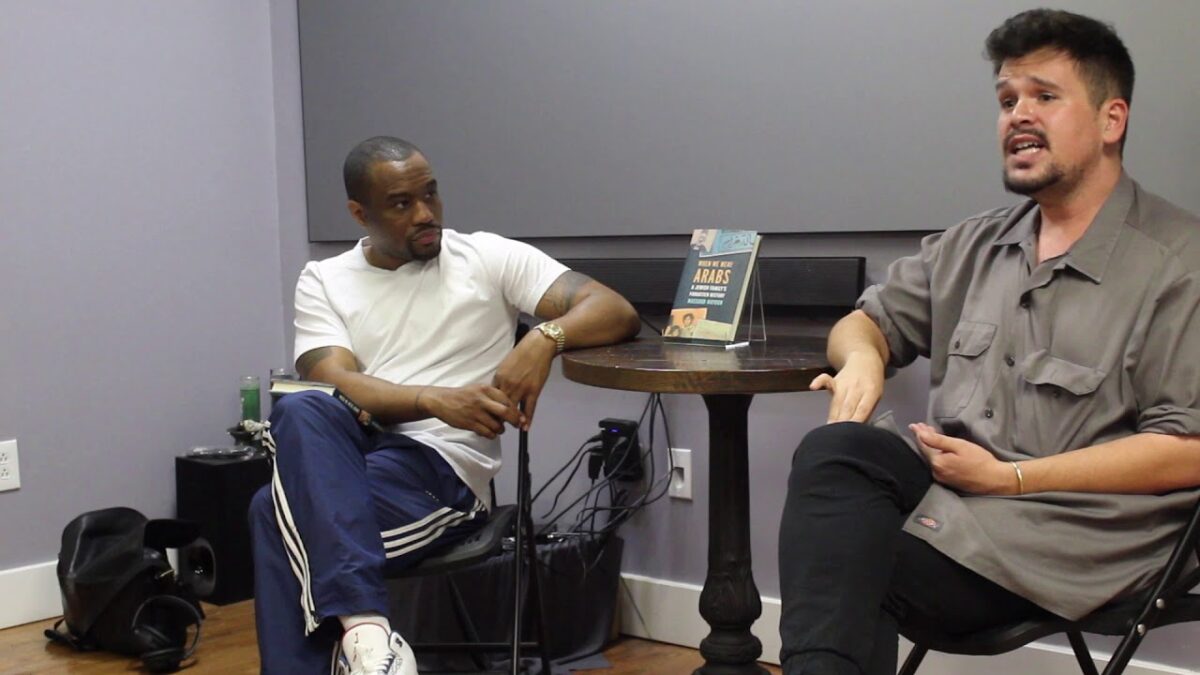Very unusually, Massoud Hayoun describes himself as “an Arab American man of the Jewish faith” and an “Arab first and last.”
“Judaism is an adjective that modifies my Arabness,” he writes in his nostalgic-drenched book, When We Were Arabs: A Jewish Family’s Forgotten History (The New Press).
Hayoun, a Los Angeles-based journalist who has reported for Al Jazeera, admits in the first page that he’s “a curiosity,” even a “detestable thing.” He’s right, of course. Jews have not identified as Arabs since at least the birth of Israel in 1948. Since then, Arabs have been synonymous with only Muslims and Christians.
“Many of us appear to remain convinced that being Arab is a disgraceful, barbaric and ultimately condemnable thing,” he adds. Hayoun begs to differ, and in this memoir, he paints a vivid picture of the “lost world” of Jews who lived in the Arab world before Israel’s creation. He accomplishes this objective, in part, by drawing an animated portrait of his Egyptian and Tunisian grandparents, Oscar and Daida, who raised him like a son.
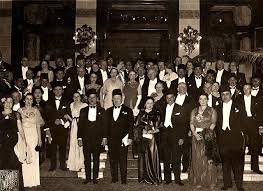
To Hayoun, Oscar and Daida are “a reminder of the cosmopolitanism, the pluralism and the colonial degradation of that time — a time of fresh-pressed suits and tarbooshes, of singing about our anguished feelings as we walk along the Nile.”
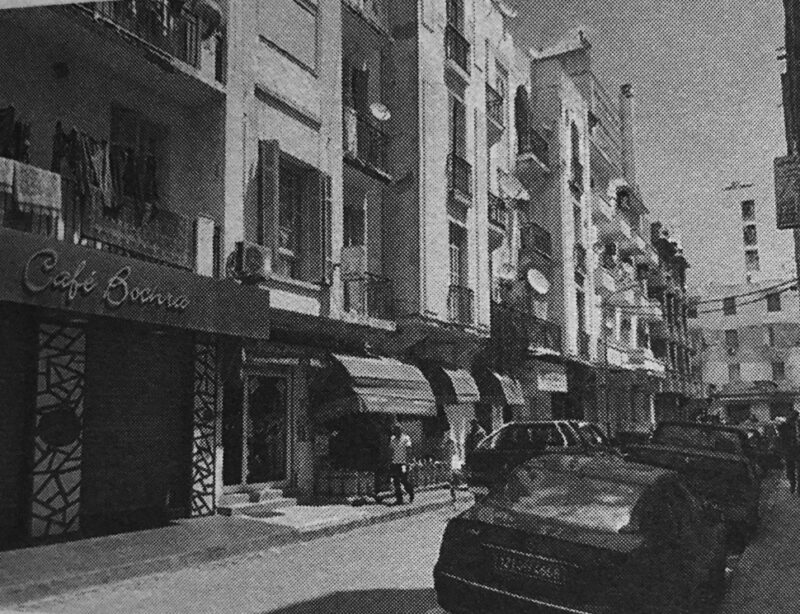
Born in Alexandria, Oscar was Egyptian on his mother’s side. His father hailed from Morocco. Although Oscar spoke in Egyptian-accented Arabic, he identified as Moroccan. Daida, a native of Tunis, left Tunisia in her late teens and never returned, but she often declared her Arabness with pride.
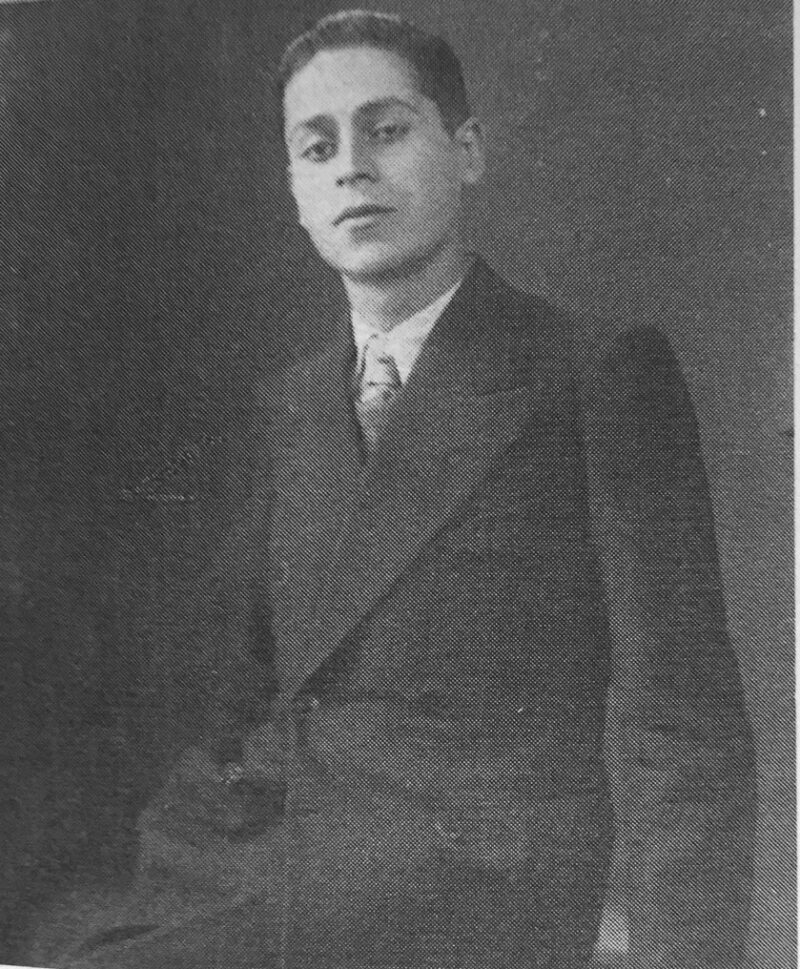
Oscar emigrated in 1950, bound for France, and before decamping in Los Angeles, he resided in Israel and New York City. He met Daida at a party in Paris, and they got married. Their child, Nadia, gave birth to Hayoun out of wedlock, a topic Hayoun mentions only in passing and suppresses. “While Nadia was working to support us — which was for much of my childhood — Daida and Oscar were my parents,” he writes. In Hayoun, Oscar had the son he so “desperately wanted.”
Egyptian Jews practised their faith openly during Oscar’s youth, he says, but as the conflict between Jews and Palestinian Arabs in Palestine worsened, the atmosphere in Egypt turned hostile and Oscar would sometimes pass himself off as a Muslim or a Christian.
As a reader can easily ascertain, Oscar was very sensitive to his Jewish heritage. After moving to Los Angeles, he sought out the company of Arabs, never telling them he was Jewish. When he associated with Christian Arabs, he allowed them to assume he was a Muslim. Oscar’s attitude was grounded in the morose belief that non-Jews hated Jews.
In an analysis of the 19th and early 20th century colonial period in the Middle East, Hayoun claims that European powers like France and Britain strove “to divorce” Jews from Arabs in a divide-and-conquer strategy. As an example, he cites the 1870 Cremieux Decree, which conferred French citizenship on Algerian Jews but not Algerian Muslims.
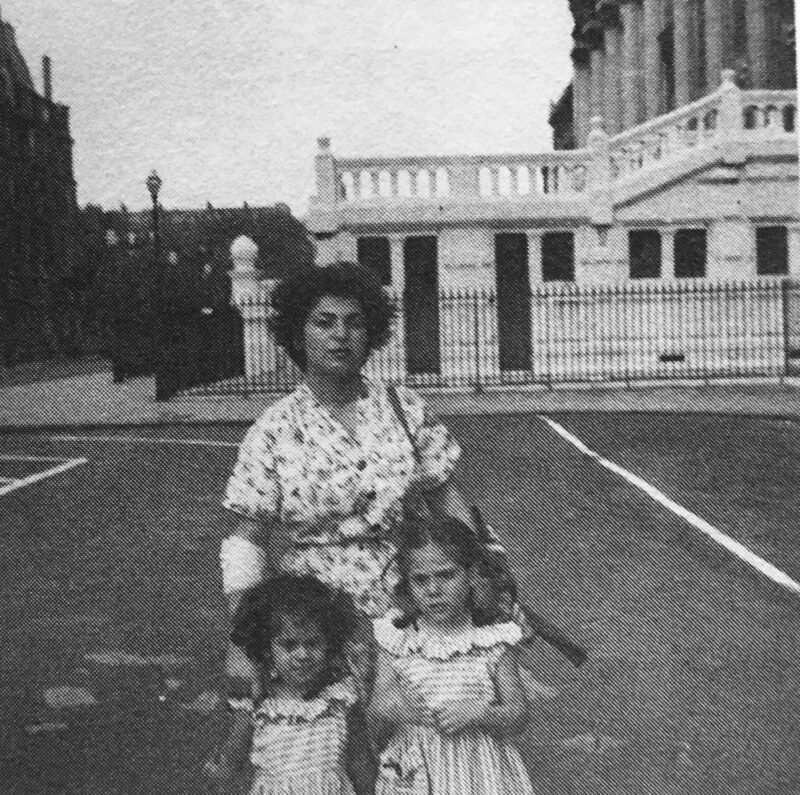
Like a minuscule proportion of Jews in Arab lands, Oscar and Daida remained true to their Arab patrimony. But they did not rally to the Arab struggle for independence, unlike a handful of “Jewish Arabs” who fought against foreign colonialism.
According to Hayoun, an ardent anti-Zionist, few Jews in either Egypt or Tunisia supported Zionism. But after the authorities there singled out Jews as Zionists, turning the population against them, Egyptian and Tunisian Jews began “to embrace Israel as a potential refuge.”
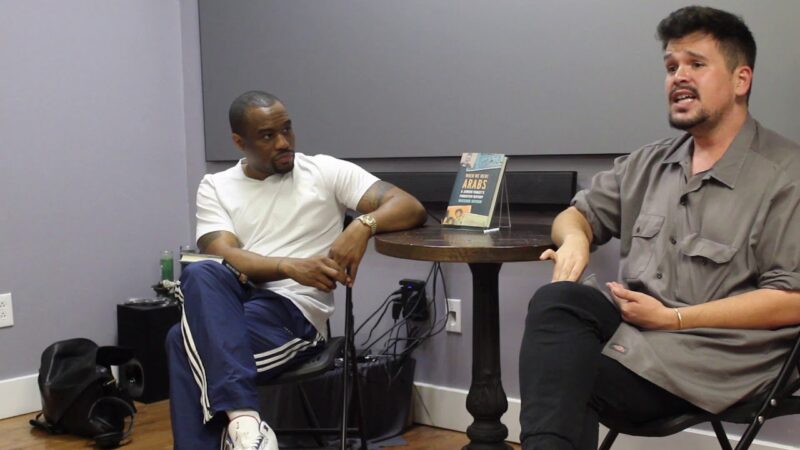
Hayoun claims that Israel drove a wedge between Jews and Arabs in Egypt by recruiting Egyptian Jews to firebomb various sites in Cairo and Alexandria in the early 1950s. Israel’s goal was to sour Egypt’s relations with Britain and the United States. He claims that the insertion of Israeli spies, like Eli Cohen, into Arab countries such as Syria only heightened Arab suspicions of local Jewish communities.
Hayoun displays his animus toward Israel consistently throughout his book, variously calling it Israel, “occupied Palestine” and “Palestine.” His appraisal of Zionism is harshly exaggerated. Unjustly and inaccurately, he condemns it as “a continuation of colonist white supremacy.”
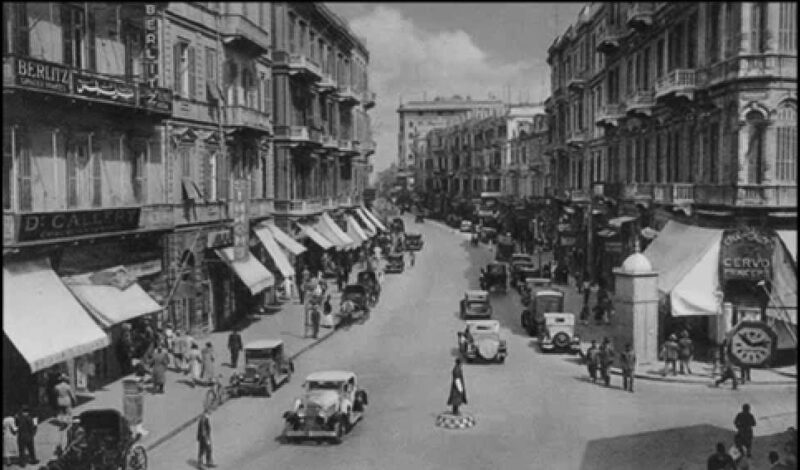
Oscar decided to emigrate in 1949, fearing that hostility against Egyptian Jews was on the upswing. Among the first Jews to leave Egypt, he and his family reached Israel by way of Marseille. Upon arrival in Haifa, they were sprayed with an insecticide. “A North African or Middle Eastern person, at their cleanest, was essentially seen as dirty,” he observes bitterly. “Our homelands were the backward places of Ali Baba stories, teeming with lice and vermin.”
Daida and her family never even considered Israel as a resettlement option. They went straight to Paris. Through mutual acquaintances, she met Oscar.
The young couple arrived in New York City in 1956 and settled in the Bronx. Oscar, who had been a pharmaceutical salesman in Egypt, earned a living as a bookkeeper. A year later, they went to Los Angeles, buoyed by its Mediterranean climate.
Hayoun expresses deep admiration for Oscar, who, he says, “taught me who I am spiritually and ethnically.”
Like Oscar, Hayoun is skittish about his Jewishness.
At Al Jazeera America, he never told his Christian Palestinian supervisor that he was Jewish. “In fact, I found myself in an almost exclusively non-Jewish Arab circle at the time, and I never told them that I was anything but Arab. On occasion, I did let people think I was a Muslim.”
Judging by this comment, one might assume that Hayoun is a self-hating Jew. Hayoun sharply disagrees with that assessment. As he puts it, “I was never … ashamed of my faith and prayed regularly. But I was living a double life.”
In conclusion, he writes, “I am Daida. I am Oscar. I am all Arabs. I am Tunisia, Egypt, Morocco, Algeria, Palestine, and all the adjoining nations that identify as Arab.”
Hayoun clearly identifies as an Arab and with the Arab cause, and this outlook colors When We Were Arabs.
